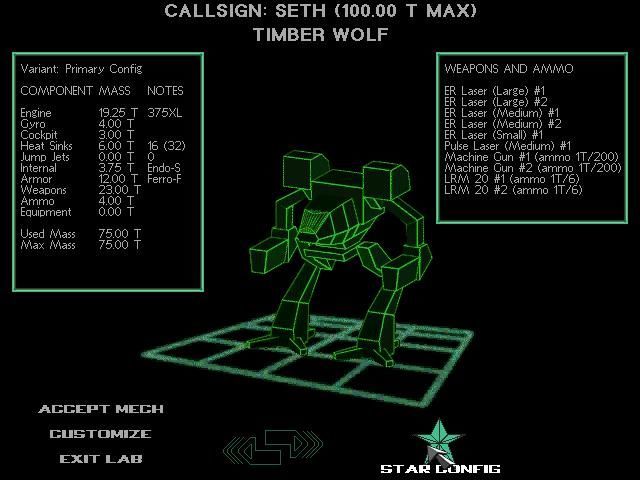Many famous images of the war were taken by Western photographers and news agencies, working alongside American or South Vietnamese troops. But the North Vietnamese and Viet Cong had hundreds of photographers of their own, who documented every facet of the war under the most dangerous conditions. Almost all were self-taught, and worked for the Vietnam News Agency, the National Liberation Front, the North Vietnamese Army or various newspapers. Many sent in their film anonymously or under a nom de guerre, viewing themselves as a humble part of a larger struggle.
We had to be extremely careful because we had limited amounts of film that had been distributed to us by our paper. For us, one photo was like a bullet. - Nguyen Dinh Uu
Equipment and supplies were precious. Processing chemicals were mixed in tea saucers with stream water, and exposed film was developed under the stars. One photographer, Tram Am, only had a single roll of film, 70 frames, for the duration of the war.
The vast dark forest was my giant darkroom. In the morning I’d rinse the prints in a stream and then hang them from trees to dry. In the afternoon I’d cut them to size and do the captions. I’d wrap the prints and negatives in paper and put them in a plastic bag, which I kept close to my body. That way the photos would stay dry and could be easily found if I got killed. - Lam Tan Tai
During the American bombing, I took my most memorable photos. I actually shot a photo of Senator John McCain’s plane falling out of the sky over Hanoi. I was proud of that photo and wanted it to convey a message of patriotism in the face of foreign invasion. - Vu Ba
We even came up with a new form of flash photography to illuminate our fighters and villagers who were living in bomb shelters and tunnels. We emptied gunpowder from rifle cartridges onto a small handheld device and then lit the gunpowder with a match. The burning powder provided all the light we needed. - Mai Nam
I was certainly not taking photos for their aesthetic appeal. I was not thinking of beauty. Burned and shattered homes and dead bodies are not pretty. Any pretense of aesthetics was replaced by our purpose of recording the war. - Duong Thanh Phong



I know I've brought it up before, but a friend of a friend I knew worked at an independent print shop back in the day, and he would have Vietnam vets come in fairly regularly with 'disturbing photos'. Stuff that you never see on documentaries. Like, he described piles of hands and heads, just horrific burning villages, pictures that almost look hellishly surreal if they weren't straight unaltered photographs. There are likely thousands of these photos out there, none of which see the outside of a photo lab or vet's home.
We talk about projection alot, where vets claimed they were called 'baby killers' when they came home, when there is no documented evidence of that. The reason they thought that is more likely because they themselves thought of themselves as 'baby killers'. Disturbing stuff.
deleted by creator
So were none of those photos preserved beyond personal collections?
I would assume that there are likely some in the Smithsonian or local city collections, but none of the ones that he personally saw, no. It would be illegal for him to keep any of them, and unless they were donated to a museum, they likely won't see the light of day unless their children decide to donate them.
It wouldn't surprise me if they are floating around somewhere, but in an organized collection? Unlikely.
The phrase "war criminal" gets thrown around a lot, but I read a lot of Vietnam memoirs from the US side, and barbarism on the part of Americans was common. The first one that springs to mind was
spoiler
an American soldier who would keep an amputated ear from a Vietnamese person either dried out on the side of his helmet, or hanging as a necklace, and he would bite/suck it for good luck (and offer it to others) before an engagement